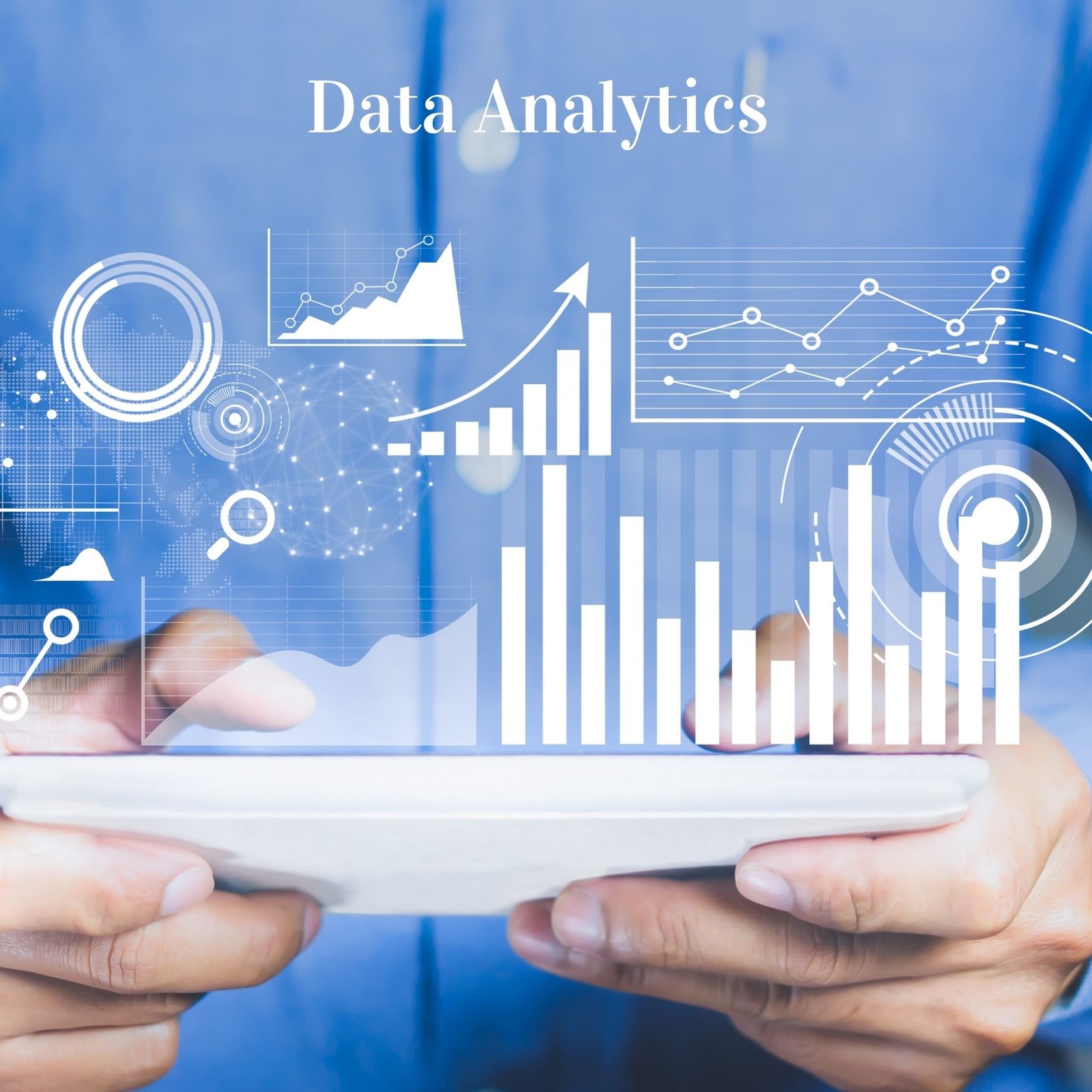Table of Contents
Introduction
In today’s competitive landscape, relying on instinct alone is no longer a viable strategy. Businesses need facts, figures, and foresight—and that’s where data analytics plays a vital role. The role of data analytics in business decision making is transformative. It helps companies uncover insights, optimize processes, and make decisions that are informed, timely, and aligned with strategic goals.
In this blog, we’ll explore 7 powerful ways data analytics drives business decision making, along with tools, techniques, and real-life examples that show how analytics gives businesses a competitive edge.
1. Enhances Strategic Decision Making
Strategic decision making using data analytics allows leaders to set long-term goals backed by trends and forecasts rather than guesswork. Whether it’s entering a new market or launching a product, analytics provides a clear picture of feasibility, demand, and competition.
Example: Retail giants use predictive analytics to plan product placements and future inventories based on seasonal trends and historical sales data.
2. Provides Actionable Insights
Data analytics converts raw data into actionable insights. These insights help decision-makers understand customer behavior, market trends, and operational inefficiencies.
Tools: Business Intelligence (BI) tools like Tableau, Power BI, and Qlik help visualize these insights, making data more digestible for executives and managers.
3. Supports Real-Time Decision Making
Real-time data analysis empowers businesses to act instantly. This is critical in fast-paced industries like e-commerce, logistics, and finance.
Example: An online retailer uses real-time dashboards to track cart abandonment and immediately trigger promotional offers to retain customers.
4. Improves Operational Efficiency
Data-driven decisions help identify bottlenecks in processes, reduce waste, and optimize resource allocation.
Key Technique: Descriptive analytics analyzes historical data to improve workflows and streamline operations, especially in supply chain and manufacturing sectors.
5. Enables Predictive and Prescriptive Analytics
Predictive analytics forecasts future outcomes based on current and past data. Prescriptive analytics goes a step further by suggesting actions to achieve desired outcomes.
Use Case: Financial institutions use predictive models to assess loan default risks, while prescriptive analytics helps recommend investment strategies.
6. Aids in Personalizing Customer Experiences
Using data-driven decision making, businesses can segment audiences and tailor offerings to specific customer needs.
Example: Streaming platforms like Netflix and Spotify use behavioral data to recommend personalized content, enhancing user engagement.
7. Ensures Better Risk Management and Compliance
Data analytics in business decision making helps companies monitor compliance with regulations and manage risks proactively.
Application: In healthcare and finance, data analytics tools track transactions and behaviors to flag anomalies and ensure regulatory compliance.
Importance of Data Analytics in Decision Making
To summarize, the importance of data analytics in decision making lies in its ability to:
- Minimize business risk
- Improve customer satisfaction
- Enhance productivity and profitability
- Offer measurable outcomes
Organizations that leverage data effectively are better positioned to respond to market changes, seize new opportunities, and maintain a competitive advantage.
Real-World Examples of Data Analytics in Business
- Retail: Analyzing point-of-sale data to manage inventory
- Marketing: Using customer journey data to optimize ad spend
- Healthcare: Predicting patient outcomes and optimizing care plans
- Manufacturing: Monitoring equipment performance to prevent downtime
These real-life applications of data analytics in business show how cross-industry adoption leads to smarter decisions and better performance.
Conclusion
The role of data analytics in business continues to evolve as technology advances. From business intelligence and performance metrics to decision support systems and AI-powered insights, data is now at the heart of successful organizations.
By understanding these 7 powerful ways data analytics drives business decision making, leaders can move from reactive to proactive decision-making, unlocking growth and innovation across all departments.










